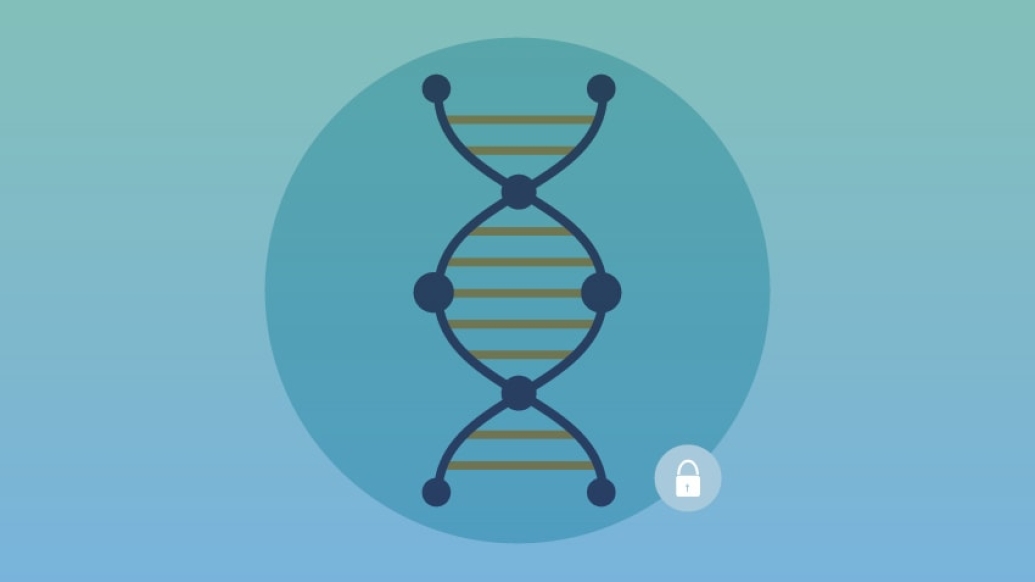Those who undergo genetic testing to learn about their cancer risk have several protections in place to ensure the results can’t be used against them.
7:00 AM
Author |

Genetic counseling and testing plays an integral role for many patients at risk of developing cancer. The results can help them and their families determine what screening and treatment methods might be necessary.
MORE FROM MICHIGAN: Sign up for our weekly newsletter
By doing so, however, some people might also fear repercussions to their employment status or health care coverage.
Genetic discrimination occurs when employers or insurance companies treat people differently or deny them privileges or opportunities because of their genetic test results, family history information, a family member's genetic test results or other genetic data.
That's why state and federal laws have been enacted to help protect families from those circumstances.
Here is what three of them entail:
The Americans with Disabilities Act of 1990 (ADA): This federal law prohibits employment discrimination based on an individual's disability or perceived disability. This protection extends to those with a genetic condition or predisposition that limits daily life.
The Genetic Information Nondiscrimination Act of 2008 (GINA): This federal act prohibits the use of genetic information by employers when making decisions on hiring, firing and promotions. It also prevents health insurance companies from using genetic information when making decisions regarding coverage eligibility, rates and pre-existing conditions. The protections of this law, however, do not extend to life insurance, disability insurance or long-term care insurance coverage. They also do not extend to people who are already affected by a genetic condition (i.e., those who have symptoms or clinical manifestations of a condition).
The Affordable Care Act (ACA): This law provides additional protection by prohibiting health insurance discrimination based on pre-existing conditions, including genetic conditions.
New concerns
With ongoing efforts to repeal ACA as well as the recent introduction of a new bill, the Preserving Employee Wellness Programs Act (HR 1313), many patients have raised concerns.
SEE ALSO: How Cancer Genetic Testing Can Save Lives
The bill addresses the right of an employer to request and use an employee's health and genetic information as it pertains to enrollment in employer-sponsored wellness programs and disbursement of incentives for such programs. It does not take away the primary protection of GINA as it relates to health insurance eligibility or employment, nor does it obligate individuals to participate (although they would need to comply with health information requests if they chose to enroll).
The legislative process is ongoing, and multiple amendments to this bill — as well as position statements from multiple professional medical societies — are anticipated.
A personal decision
Despite anti-discrimination protections, the decision to undergo genetic testing and to subsequently share those results is personal and depends on multiple factors.
Your genetics health care team is available to help you address your concerns and navigate the benefits, risks and limitations of the genetic testing process to make the best decision for you and your family.
You can search for a genetic counselor near you through the National Society of Genetic Counselors, or call 734-763-2532 to make an appointment with the Cancer Genetics Clinic at the University of Michigan Comprehensive Cancer Center.

Explore a variety of healthcare news & stories by visiting the Health Lab home page for more articles.

Department of Communication at Michigan Medicine
Want top health & research news weekly? Sign up for Health Lab’s newsletters today!





